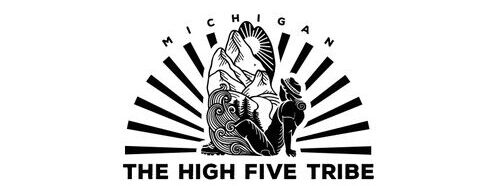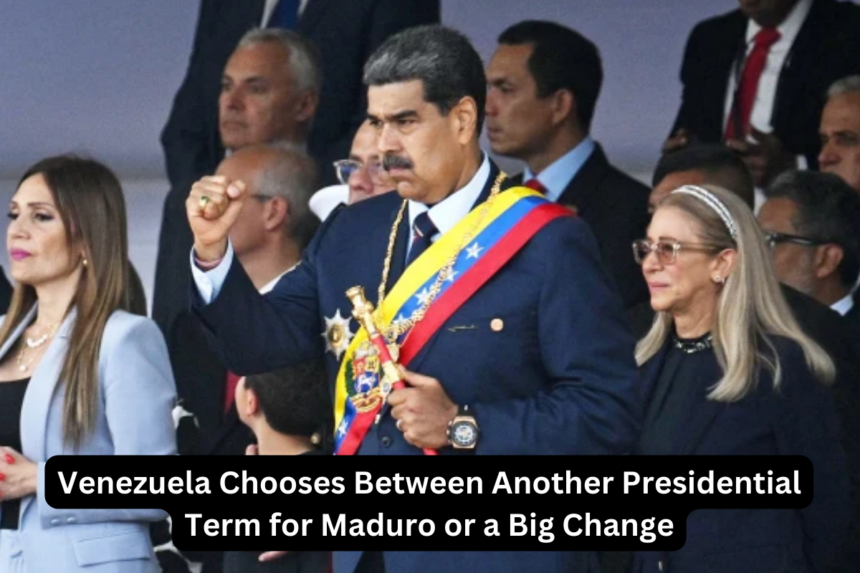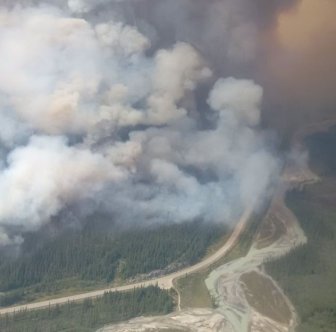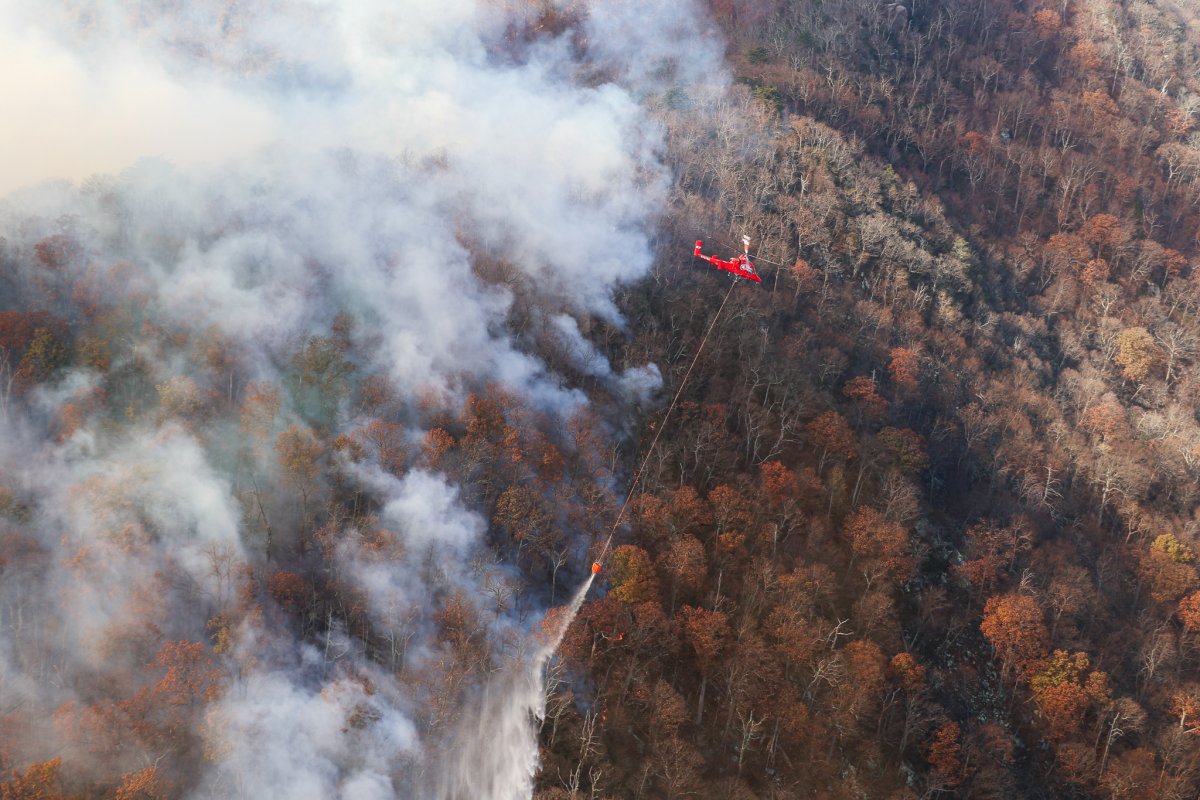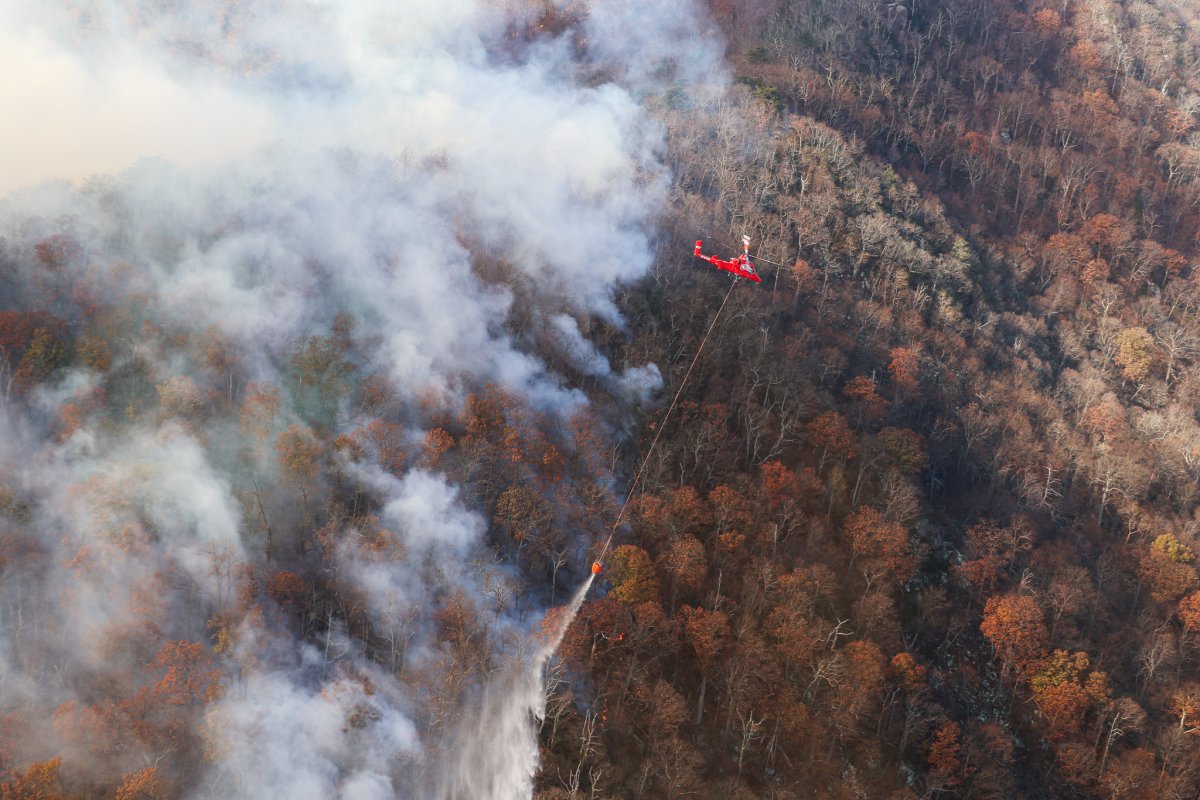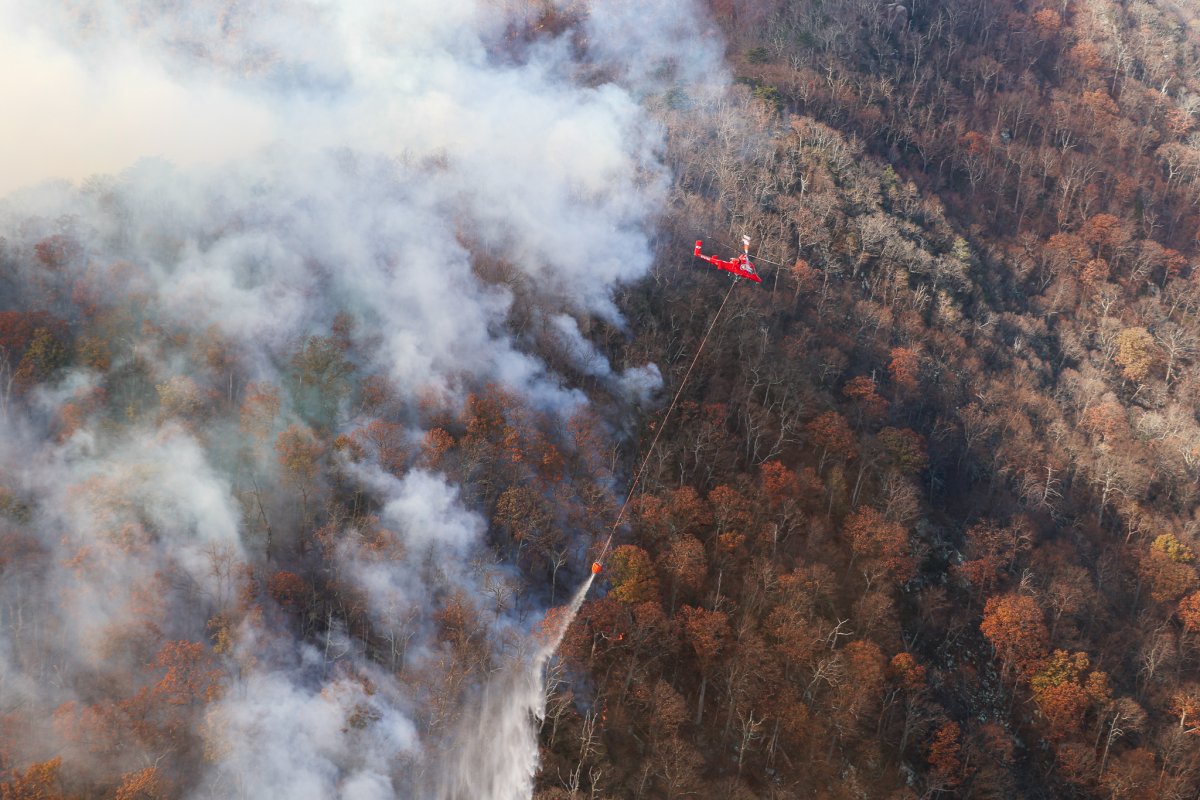Introduction:
As Venezuela approaches a critical juncture in its political history, the upcoming presidential election presents the nation with a pivotal choice: continue under the leadership of President Nicolás Maduro or opt for a significant change. The stakes are high, with economic challenges, political unrest, and international scrutiny all playing key roles in shaping the future of this South American country.

The Incumbent: Nicolás Maduro
President Nicolás Maduro, who has been in power since 2013, is seeking another term amid a backdrop of controversy and crisis. Maduro’s presidency has been marked by significant economic turmoil, including hyperinflation, shortages of basic goods, and a mass exodus of Venezuelans fleeing the country in search of better living conditions.
Supporters’ Perspective:
- Stability and Continuity: Maduro’s supporters argue that he represents stability and continuity, emphasizing his efforts to resist foreign intervention and maintain national sovereignty.
- Social Programs: They highlight his commitment to social programs aimed at aiding the poorest segments of the population, despite the severe economic conditions.
Critics’ Perspective:
- Economic Mismanagement: Critics blame Maduro for the economic collapse, citing mismanagement, corruption, and an inability to implement effective reforms.
- Human Rights Concerns: There are widespread allegations of human rights abuses, political repression, and a lack of democratic freedoms under his administration.

The Opposition: Advocating for Change
The opposition, fragmented but increasingly united in its goal to unseat Maduro, presents a diverse array of candidates and platforms. Their primary message revolves around the need for economic recovery, democratic renewal, and re-engagement with the international community.
Key Opposition Figures:
- Juan Guaidó: Recognized by many countries as the interim president since 2019, Guaidó remains a prominent figure advocating for democratic change.
- Henrique Capriles: A seasoned politician and former presidential candidate, Capriles emphasizes pragmatic solutions to Venezuela’s crises.
Opposition’s Vision:
- Economic Reform: The opposition promises comprehensive economic reforms to stabilize the economy, attract foreign investment, and address hyperinflation.
- Democratic Institutions: They pledge to restore democratic institutions, hold free and fair elections, and respect human rights and political freedoms.
The Role of the International Community
International actors play a crucial role in Venezuela’s political landscape. The United States, European Union, and numerous Latin American countries have imposed sanctions on Maduro’s government, advocating for a transition to democracy. Meanwhile, allies like Russia, China, and Cuba continue to support Maduro, complicating the geopolitical dynamics.
Sanctions and Diplomacy:
- Pressure on Maduro: Sanctions aim to pressure Maduro into negotiating with the opposition and allowing free elections.
- Humanitarian Aid: There is a significant focus on providing humanitarian aid to alleviate the suffering of the Venezuelan people.
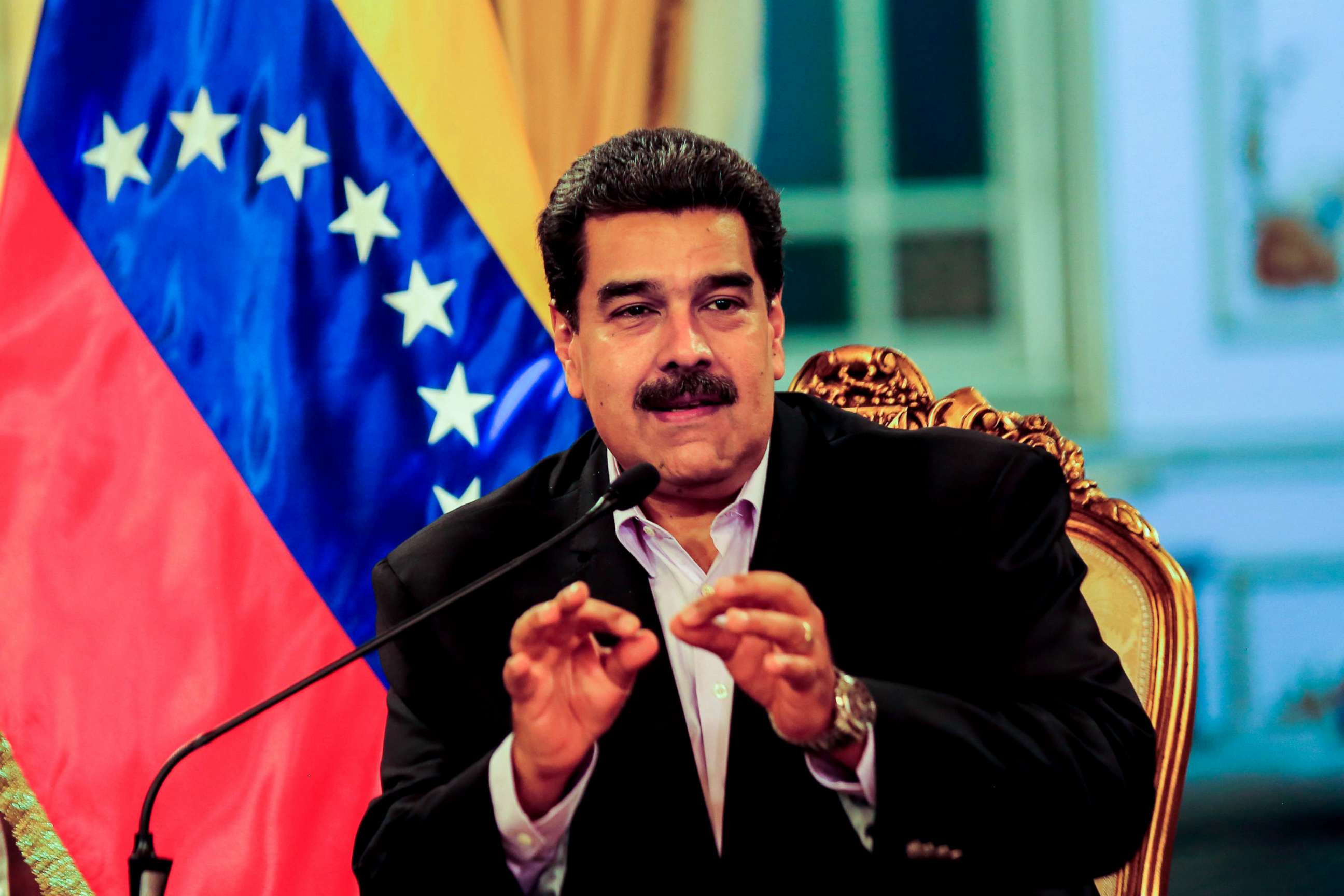
The Election: A Turning Point
The upcoming election is seen as a turning point for Venezuela. With the country in dire need of economic recovery and political stability, the decision Venezuelans make will resonate far beyond their borders.
Potential Outcomes:
- Maduro’s Reelection: If Maduro wins, it is likely that his administration will continue to face international isolation and economic challenges. However, his supporters believe he will persevere and eventually overcome these obstacles.
- Opposition Victory: A victory for the opposition could lead to a reopening of Venezuela to international support and investment, but it will also face the enormous task of rebuilding the nation’s institutions and economy.
Conclusion:
As Venezuela stands at a crossroads, the upcoming presidential election offers a crucial choice between continuity under Maduro or the potential for significant change with the opposition. The outcome will determine the future trajectory of the country, impacting not only the lives of its citizens but also its role on the global stage.
FAQ’s:
- Why is this election significant for Venezuela?
- The election represents a critical decision point for Venezuela, potentially determining whether the country continues under Maduro’s leadership or shifts toward a new direction with the opposition.
- What are the main criticisms of Maduro’s presidency?
- Critics highlight economic mismanagement, corruption, human rights abuses, and political repression as key issues under Maduro’s administration.
- Who are the key figures in the opposition?
- Prominent opposition figures include Juan Guaidó and Henrique Capriles, both advocating for democratic renewal and economic reforms.
- How does the international community influence the election?
- International actors impose sanctions on Maduro’s government, provide humanitarian aid, and advocate for democratic elections, while countries like Russia and China support Maduro.
- What are the potential outcomes of the election?
- If Maduro is reelected, the status quo may continue with ongoing challenges. An opposition victory could lead to significant reforms but would require extensive efforts to rebuild the nation’s economy and institutions.
